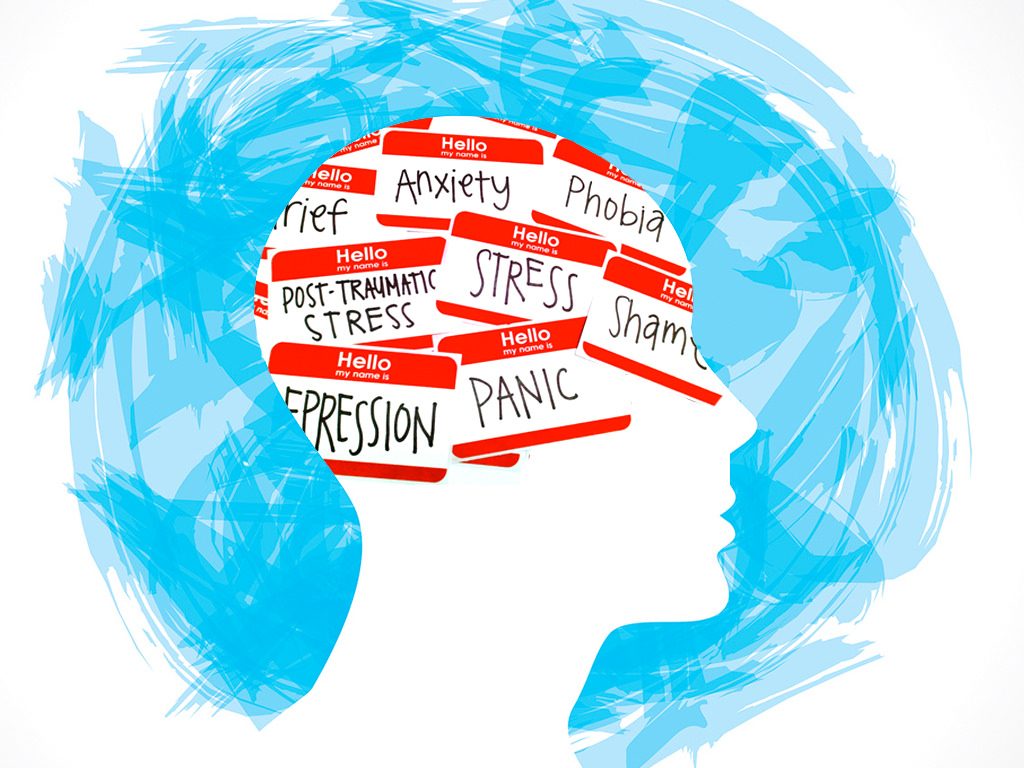According to statistic, seven out of ten patients who enter a doctor’s office seek services related to behavioral health. This result is based on a study by the Maine Health Access Foundation (MEHAF). Upon analyzing this data, however, the researchers have found out that people often interchange the terms “mental health” and “behavioral health.” This finding led them to doubt the results of their experiment.
The concept of behavioral started almost over forty years ago. Over time, its underlying meaning began to evolve. It led to the misconception that mental health and behavioral health is the same. There’s are subtle differences between these two, however. Listed below are several critical differences for you to be able to decide what the right kind of care is more apt for your condition.
Defining Mental Health And Behavioral Health
Using the definition from the World Health Organization, mental health is “a state of well-being in which every individual realized his or her own potential, can cope with the normal stresses of life, can work productively and fruitfully, and can contribute to his or her community.”

Source: flickr.com
On the other hand, behavioral health refers to the connection between behaviors, physical fitness, and the overall well-being of the mind, spirit, and body. This means that behavioral health is a blanket term which covers a variety of issues including mental health.
“Behavioral health includes not only ways of promoting well-being by preventing or intervening in mental illness such as depression or anxiety, but also has as an aim of preventing or intervening in substance abuse or other addictions,” Elana Premack, LCSW, explains.
For example, a behavioral therapist might look at the factors and behaviors which contribute to a patient’s obesity. This issue is mostly related to physical health. It shows that not all behavioral topics issue under the category of mental health.
“Sometimes, changes in behaviors by the individual, family or even the community and changes in thinking patterns can help people better cope with their mental health conditions,” according to the MEHAF. These kinds of mental health issues are still covered under the behavioral health principles and can still be addressed through the help of a behavioral therapist.
Mental And Behavioral Health Disorders
To give you a clearer picture on how to differentiate these two, here is a short list of the some of the most common disorders under these categories.
Mental Health Disorders
- Generalized Anxiety Disorder
- Depression
- Bipolar Disorder
- Schizophrenia
Behavioral Health Disorders
- Gambling
- Substance Abuse
- Sex Addiction
- Eating Disorders
You might notice that there is a link between behavioral health and mental health and they usually co-occur together. Although negative and unhealthy actions characterize behavioral health disorders, these are not often the root cause of the illness. These disorders typically happen at the same time as that of mental illnesses.
Conversely, mental health conditions can also be impacted by your everyday behaviors such as drinking, overeating, and using drugs. Although many mental health conditions have a biological basis, they are also usually caused by said maladaptive behaviors.

Source: health.mil
For example, people who are experiencing chronic cardiac conditions, diabetes, or any physical disorders often develop depression as well. On the other hand, people who are suffering from psychological illness also display some outward physical signs of disease. This shows how these disorders work hand-in-hand – which makes it difficult to differentiate at the least.
Getting The Right Diagnosis And Treatment
If you are confused about what kind of treatment should you engage yourself in, it is first important to obtain the correct diagnosis for your state. At times, it can be easy for inexperienced care providers to give you a misdiagnosis.
“Completing a program that’s right for you can lower your anxiety, improve your mood, and provide you with skills that you can use as
often as you need them,” says Seth J. Gillihan, Ph.D.
Some treat mental illness with many medications while ignoring the fact that the patient should also change their own bad habits. “Many common physical conditions are related to mental health issues,” says Robert London, MD.
At the same time, some might focus on behavior modification while overlooking its psychiatric conditions. With this in mind, we can consider collaborative care as the most effective approach when treating mental and behavioral treatment.

Source: jtfb.southcom.mil
Collaborative care means employing a team of experts which diagnose and treat a patient’s whole wellbeing. It is a multi-faceted approach which includes medical interventions, group counseling, cognitive behavior therapy, one-on-one sessions, and more. This care is perfect for those who come with a dual diagnosis.
Working with a well-rounded team of professionals will ensure that the patient is receiving the best treatment. This approach will enable you to better engage with your family, continue working or attending school, participate in community activities, and live a fulfilling life of happiness and fulfillment.
